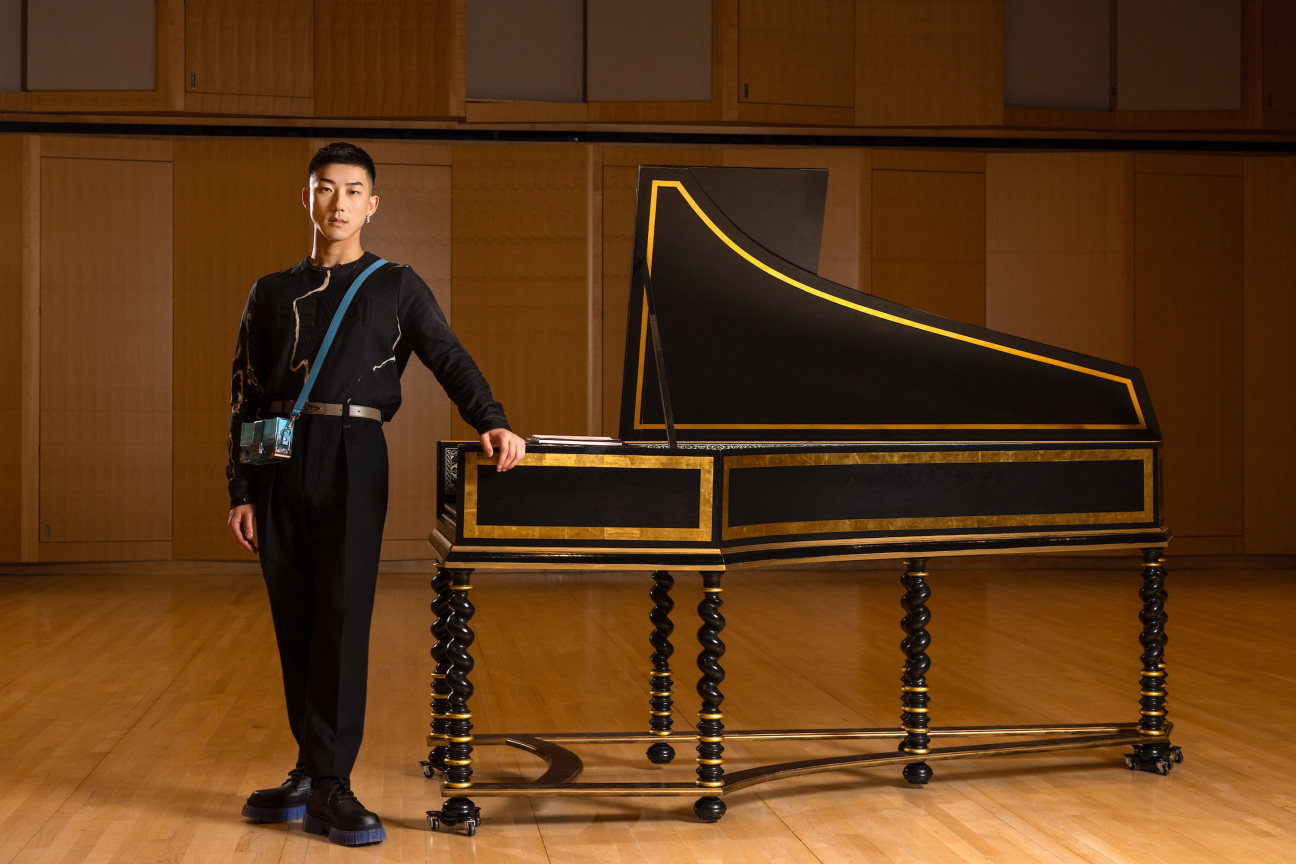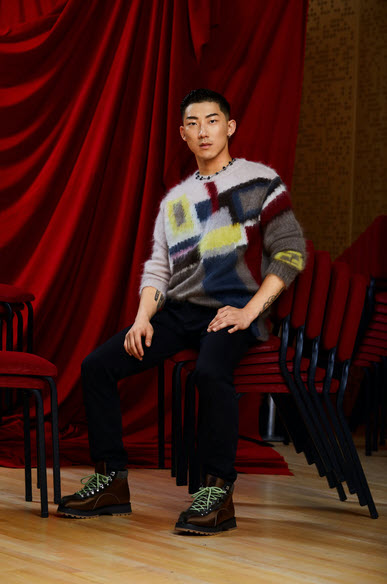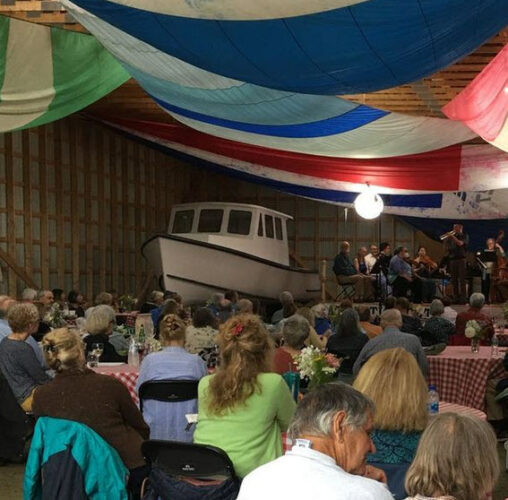by Stephanie Manning
Published December 19, 2022
‘He’s in a class of his own—a once-in-a-generation talent.’

The Fendi Vanguard Award feels tailor-made for Peter Lim. As part of the Juilliard School’s collaboration with the Italian fashion house, several students were nominated by faculty; four were ultimately selected as future innovators in their art. Lim, one of the 2022 recipients, is a harpsichordist in his final year of the Historical Performance program. The award intersects his passions for music and fashion, both of which started early in life.
Born in South Korea, Lim hung out at his aunt’s stylish hair salon, where he grew fascinated by the customers’ outfits. From the start, he explains, “I had high standards for what people wear.”
He came to music through what he remembers as the intense Korean system. “Everybody had to play the recorder, but they had to play well,” he said. “Otherwise, you got smacked with the recorder on the head.” He caught the early-music bug from a recorder version of The Four Seasons, which launched a largely self-taught journey on the instrument, along with more traditional piano lessons. When the family moved to Maryland, just before high school, he picked up the oboe and assorted percussion. His family promised him America was the place where all dreams come true.
He had studied at the Oberlin Conservatory just two years before an offer from Baroque flutist Jan De Winne lured him to the Royal Conservatory of Brussels, where he graduated with a degree in historical keyboards, historical oboe, and recorder performance. He lived the bohemian student’s life in Brussels. “I was doing under-the-desk work, and my daily meal for a month would be dry pasta with ketchup,” he said, taking a big breath before expelling it in disbelieving laughter. “But I guess it was worth it!”
In March 2020, when pandemic lockdowns stopped travel, he was in Portland, Ore., performing with the Broken Consort, an ensemble directed by Emily Lau. Unable to travel back to Brussels, he had to finish his degree remotely.
An innovative vocalist and composer, Lau first heard Lim perform with the Oberlin Baroque Ensemble at EMA’s 2018 Young Performers Festival, part of that summer’s Bloomington Early Music Festival. She soon invited him to perform with her ensemble.
“I have never, personally, met someone who is more of a complete package than Peter Lim,” Lau said emphatically, praising his wide variety of skills, at once musical, pedagogical, emotional, improvisational. “I’m really happy to see him getting more recognition and understanding. I think he’s in a class of his own—a very special, once-in-a-generation type of talent.”
One particular talent, much commented upon, is Lim’s ability to switch instruments during a concert. At that March 2020 performance with the Broken Consort, Lim played recorders of all sizes, traverso, Baroque oboe, and keyboards—and he sang, too.
Playing from different families of instruments can’t help but influence his phrasing and interpretation. “More than anything, I take a lot of melodic instrument ideas into the harpsichord, rather than the opposite.”
Mid-concert switches can be tricky, yet Lim credits his facility simply to experience and practice. “That concert was testing the maximum of what I could do,” he said with a laugh. To prepare, he creates a roadmap. “If I need to move to a keyboard, I’ll have a routine—almost like choreography on stage—so that it doesn’t distract me or the audience and makes a smooth transition.”

In performance, fashion is another of his creative and extramusical elements. According to Lim, today’s aversion to bold wardrobe choices in the classical concert hall, particularly among men, stems from 19th-century musicologists, who thought fancy duds would distract from the music. “I call that complete bullshit,” he said. “If you’re sophisticated enough to get yourself to a concert, you are not going to be distracted by what you see on stage. By dressing up, the performer adds a special element to it.”
Although his style fluctuates with his mood, he keeps his overall look traditional while experimenting with color, design, and materials, an approach he calls “presentable, but elevated.” Although an audience’s reaction toward unusual fashion can be judgmental, Lim believes a well-chosen outfit can accentuate a great performance. In a recent masterclass at Juilliard, he wore one of his favorite items: a black satin suit with a dark-blue rose pattern. “When I wore it, rather than giving me more pressure, it gave me a lot more confidence.”
Lim recalled a piece of advice from one of his teachers, Peter Sykes: “He told me that life is never a straight path. You do as much as you can, but always keep an open mind to branching out. I’m taking that pretty seriously.”
Stephanie Manning is a regular correspondent for ClevelandClassical.com and served as a fellow at the 2022 Rubin Institute for Music Criticism. As a bassoonist, she is in her final year of study at Oberlin Conservatory.




